This post may contain affiliate links. By clicking and making a purchase through the links, I earn a small commission at no extra cost to you. See my disclaimer for more information. This and display ads allow me to keep the site up to date and give back.
If you are considering moving to Spain, you might be concerned about the pros and cons of living in Spain before making a decision.
Famed for its sandy beaches, winter sun, exquisite tapas scene, and cheap cost of living, it is an incredibly attractive destination.
But is it all shiny in paradise?
After living in Spain as a digital nomad in destinations like Tenerife, I have experienced both the pros and cons, and I will share it all with you so that you can make a sound decision on whether Spain is for you or not.
Pros and cons of living in Spain

The weather
Spain Pros
- Many places in Spain see 300+ days of sun a year
- You can enjoy both snow and days on the beach in winter
- Many different climates
Cons
- Summer temperatures can be suffocating in some places
- Storms and torrential rain in the winter months
A major draw to living in Spain is the weather. Most people think of warm sunny days all year round when they think of Spain, but the truth is, the weather varies a lot in different parts of the country.
The south and the Canary Islands see 320 days of sunshine a year, while the winter months can be prone to torrential rains flushing out entire streets and flooding houses.
Cities like Seville and Cordoba easily reach temperatures of 120 degrees Fahrenheit in the summer months, while nearby Malaga hardly ever reaches 90 degrees.
On the other hand, Northern Spain has milder temperatures and a lot more rain, including snowfall in the winter.
The positive side is that there is something for everyone.
Cost of living

Pros
- Cheap compared to the US, Canada, and northern Europe
- Cheap to eat and drink out
Cons
- The cheapest places see fewer foreigners, and English is not as wide-spoken
- Many of the most popular ex-pat communities are in the most expensive cities
There are large differences in the cost of living throughout Spain. Some larger cities, like Barcelona, are far from budget-friendly. However, there are a whole lot of amazing and even underrated cheap places to live in Spain, even after a high increase in prices in recent years.
The low cost of living makes Spain a great place to enjoy eating and drinking out often. In fact, you will notice that Spanish people spend more time out in bars and restaurants with friends and family all year round than in many other countries.
This reflects in the high quality of life compared to more expensive destinations where it is too cold to stay outside most of the year.
Note that the cheapest places are often the places where English is not so widely spoken, as prices generally tend to go up in places with large digital nomad and ex-pat communities.
On top of that, destinations that are popular with tourists, like southern Spain and Costa Brava, are generally more costly. But even so, it is much cheaper than in other parts of Europe.
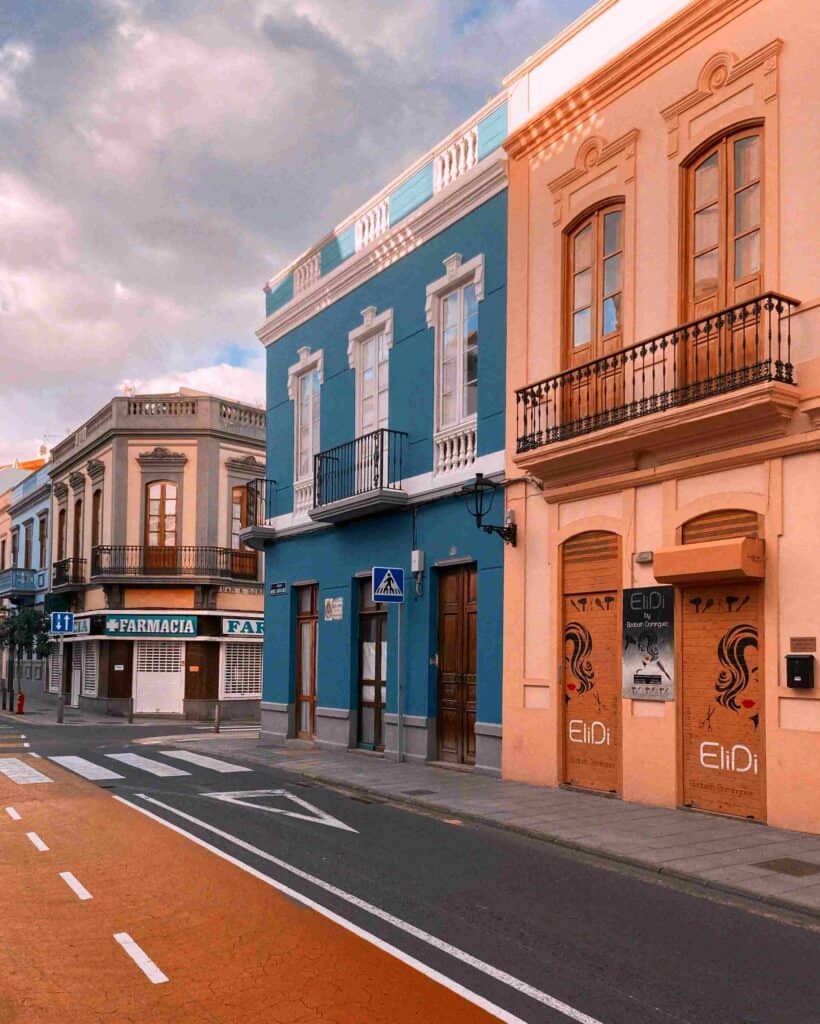
Bureaucracy
Pros
- Speaking Spanish makes it a little easier
- You can hire a lawyer to do the work for you
Cons
- Endless queues and paperwork
- Lengthy processes, including different offices
- Poorly spoken English in many offices
What few people tell you before starting a new life in Spain is the insanely old-school bureaucracy you must deal with. Whether you need to sort out residency papers or a bank account, Spain might feel far behind compared to your home country.
Once you step foot inside a Spanish government building, you will be met with long queues, stacks of forms to fill out, different counters for different forms and stamps, and often a detour to the bank to pay a fee before coming back.
As if this is not enough, you are likely to encounter employees with poor English skills and often no interest in trying to communicate. It gets a lot easier if you get rid of the language barrier and learn Spanish. If you do not, hiring a lawyer to help you through the whole process is affordable and can often save you a major headache.

Healthcare system
Pros
- It is FREE
- Free translators are offered in medical centers in places
- Affordable private health insurance to get help faster
Cons
- Many doctors do not speak English
- Translators are often only available 1-2 hours a day on selected days of the week
- Can be long waiting times for specialists and surgery
In Spain, all residents are entitled to free medical care, which is quite different from other countries in western Europe and surely to great delight for US citizens.
The Spanish national health system is also among the best in western Europe. However, if you do not speak any Spanish, it can be a challenge.
Many doctors do not speak English, and others do not want to speak English, depending on their day.
In most international communities, especially in coastal towns and bigger cities, there are often volunteers working as translators in medical centers. They will typically be available for 1-2 hours a day on certain days of the week.
Many Spanish citizens and ex-pats alike choose to pay for private healthcare insurance as they will get quicker healthcare in case of serious illness.
If you are just living in Spain temporarily, the easiest thing to do is go with travel insurance for digital nomads. I use and love SafetyWing, which covers you in most parts of the world, including Spain.

Being self-employed
Pros
- Accountants are affordable
Cons
- It is expensive
- Rules and laws change continuously, so it is hard to keep up
Being self-employed in Spain is super expensive, and if you can avoid it, you will do yourself a favor. The first year you do not pay that much. In the second year, it increases just to end up at a monthly cost of around 300 Euros per month.
This fee covers your national health care, including sick leave, in case you get ill and cannot work. On top of that, you must pay taxes which are normally around 21 percent of your income, every 3 months. You can write off most expenses.
Due to constantly changing rules and laws, you are better off paying an accountant to help you with the paperwork. Luckily, they are fairly affordable.
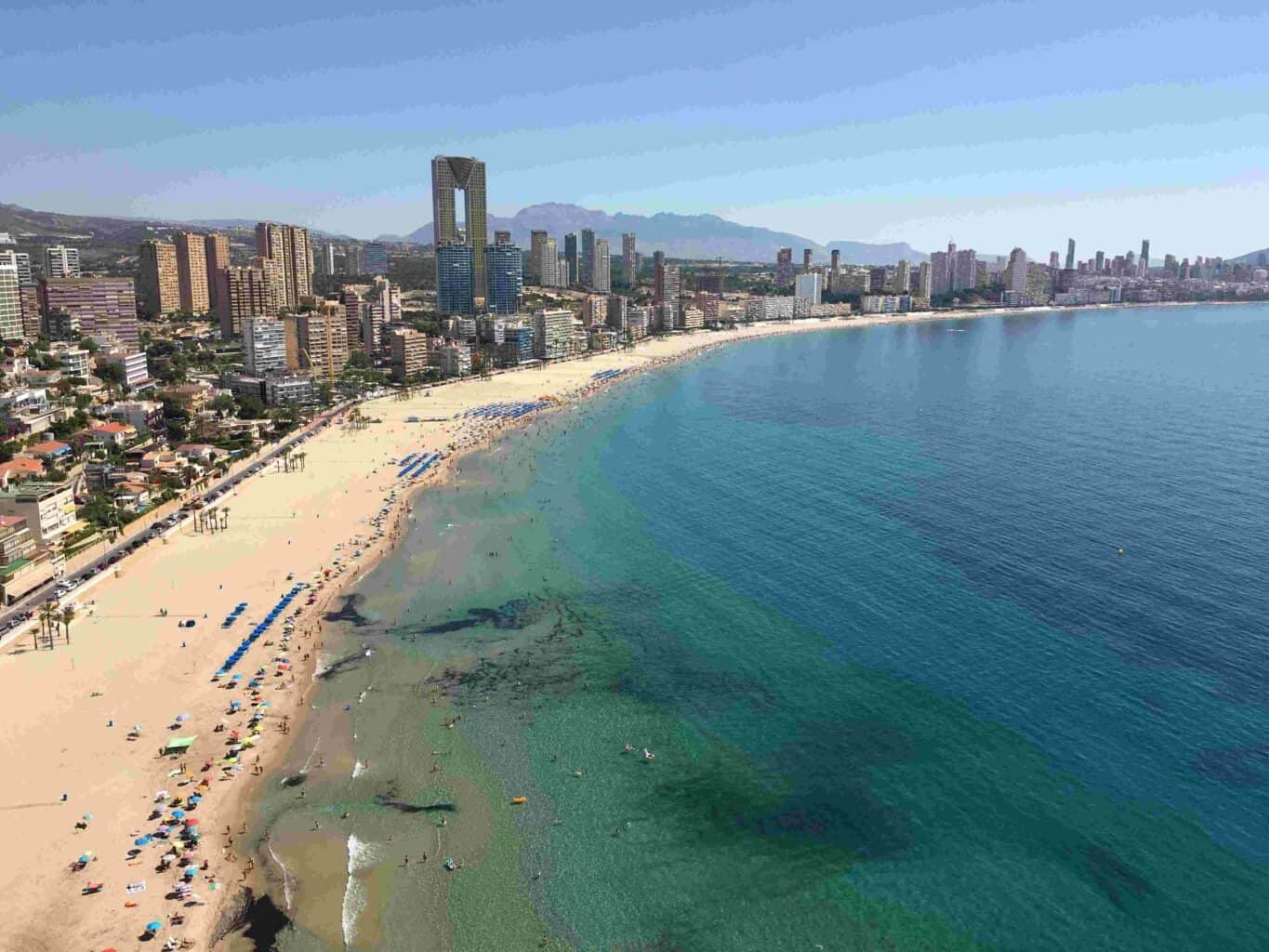
Employment in Spain
Pros
- You do not have to think about taxes, that is taken care of by your employer
- Most jobs that require other languages than Spanish are better paid
- You get paid unemployment money if you get fired
- You get paid sick leave (not 100%, though)
Cons
- Generally low wages
- Laws make it easy to fire employees without a reason
- It is not common to get long-term work contracts
- It is common to fire employees without a reason (typically when you have been there long enough to ask for a pay raise)
- You often have to work long hours without extra pay
- There is a common “under-the-table” work culture
In Spain, the unemployment rate on paper is a lot higher than what is actually the case. There are a lot of ugly sides to the Spanish work market.
High fees for hiring employees force smaller companies to pay under the table to manage their business, balancing the high costs and increasing workload.
This results in people working without a contract, or alternatively, they have a contract of 20-50% employment while they work and get paid for a 100% position.
Workplaces that give you a contract for a 100% position might take advantage of you and make you work way more hours without compensation.
Because it is so easy to fire employees in Spain, it has created a work culture where employees let themselves be taken advantage of. The alternative is to lose their job.
Wages are also generally low, with employers in southern Spain paying way less than northern Spain.
This culture has unfortunately been adopted by many ex-pat companies. While it is not morally acceptable to undertake work under these conditions in other parts of Europe or in the USA, you just gotta take it or leave it when you are in Spain.
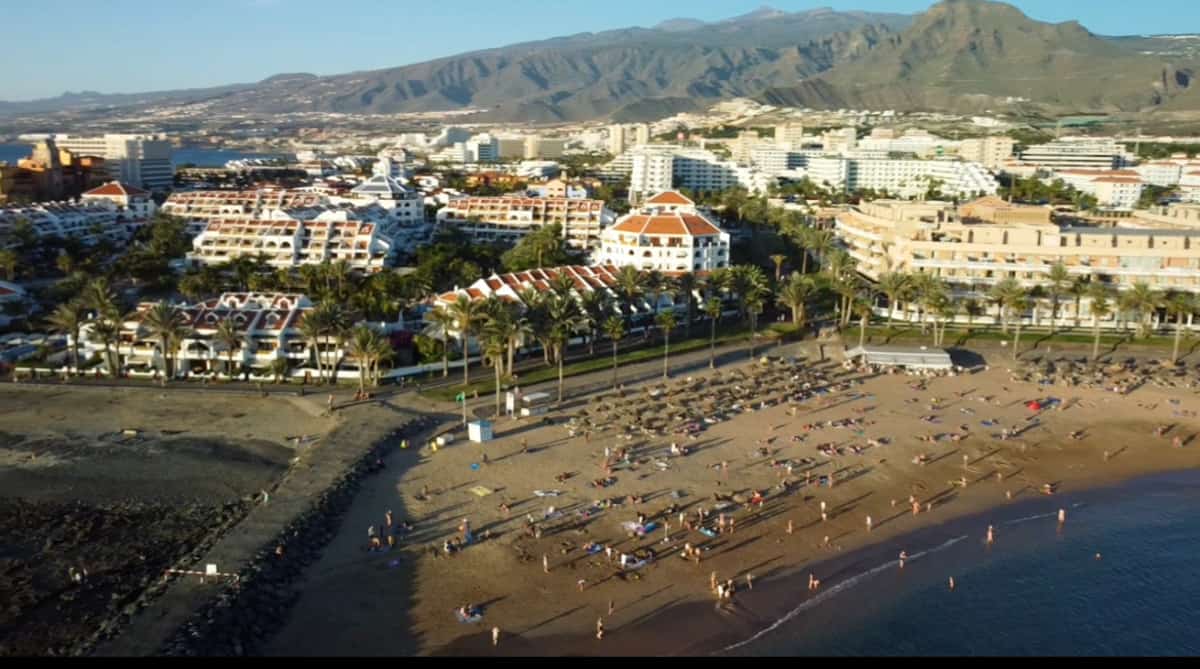
Spainish Culture
Pros
- Open people with a big heart
- Spend a lot of time outside
- International in big cities and touristy areas
- Tapas!
- Large ex-pat communities and easy to make ex-pat friends
Cons
- Can feel noisy if you come from a different culture
- Can be hard to get Spanish friends
- Siesta
- Kitchen hours in restaurants and bars
Spain has been a melting pot of cultures for centuries, and it is not stopping now.
Yet, you can experience a large span between places and people when it comes to the traditional and what has always been (“de toda la vida”) – which can be anything from friends, food, and traditions – to openminded people taking in foreigners with open arms and adopting different ways of thinking, eating, and doing things.
Generally speaking, the people of Spain are warm-hearted and open, but often it is hard to get into the friend zone.
For this reason, it can be hard to get close Spanish friends depending on where you are. If this is your goal, my recommendation is to learn Spanish and join clubs or group activities like hiking groups or pottery classes where you can connect with locals.
On the other hand, the big cities and tourist areas have large ex-pat and digital nomad communities where you are guaranteed to make new friends.
The tapas culture makes it easier to connect with people too. One of the most common things to do among locals and ex-pats is to hang out at the tapas bars to eat and drink all day and night.

This might also be a good way of taking advantage of the siesta hours in the middle of the day when things might be closed – especially small shops and offices.
However, note that outside the busy tourist areas, the kitchen is usually only open for meal times at breakfast, lunch, and dinner. Some tapas bars have cold tapas available when the kitchen is closed.
In some parts of Spain, like Granada and Almeria, you might get free tapas when you order a drink. No wonder why Spain is known for its vibrant nightlife!
Note that if you come from a country with a closed culture, where kids are taught not to be loud and dogs are taught not to bark, Spain can feel overwhelming.
People are loud, kids are screaming to be heard, and dogs bark their hearts out, whether they are hanging out on their balcony or they are out at the bar with their owners.
Opposed to cultures where you wait for a person to finish talking before you take your turn, the Spanish all talk at the same time. It is the one speaking loudest that will be heard.
Combine this with their preference for going out in large groups of 5 to 15 people; you can only imagine the noise levels in the streets, restaurants, and bars around the city center.
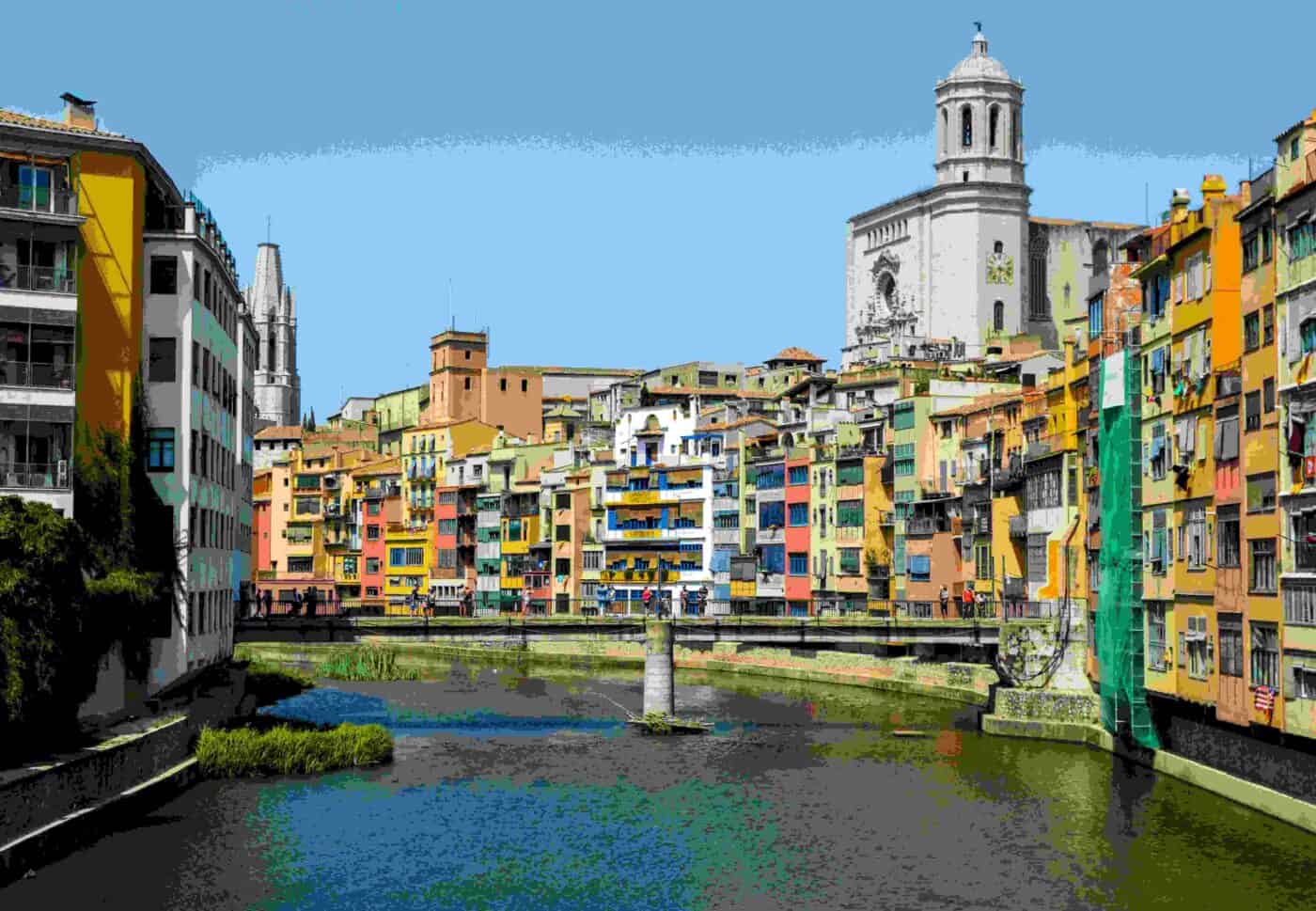
Mañana, mañana (yes, it is real!)
Pros
- Relaxed relation to time
- You will not get yelled at for being late
Cons
- It is hard to plan your day
- It can be stressful before you get used to it
- Sometimes you do not get what you were promised in time
- Shops, offices, and even the medical center might open late
The laid-back lifestyle in Spain is easily summed up in two words, “mañana, mañana” which means “tomorrow, tomorrow”. You have most likely heard about this. But living it is a completely different story and certainly not for everyone.
Do you need your phone fixed? It is most likely not going to be ready by the day you expect it to be. Does the shop open at 6 pm? Do not be surprised if you wait outside the door for 5-10 minutes before someone lazily shows up and unlocks the door.
While this can be the perfect lifestyle for many people that do not like the time pressure in other countries, many people, especially from the United States and northern European countries, can find it extremely frustrating.
If you are used to everything happening on the clock and expect others to be precise, you are in for a culture shock. Many ex-pats experience the Spanish people as being lazy and far from respectful of their time before they get used to it. Don’t expect the same level of customer service we are used to in North America!
The clue is to let go and find acceptance. Once you let go, you will realize how life suddenly becomes so much easier, and you might even appreciate it.
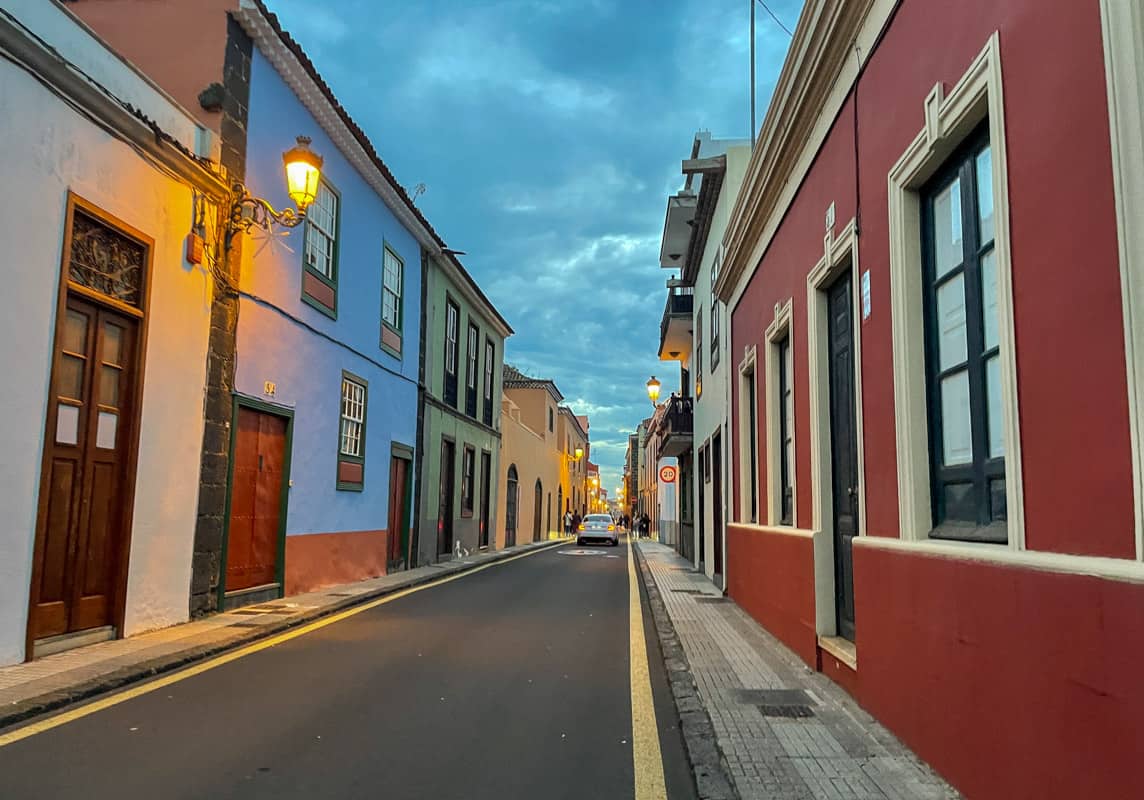
Accommodation
Pros
- The cost of accommodation is a lot cheaper than in the US and northern Europe
- Most apartments are furnished, so you do not have to buy much
Cons
- Long-term rental can be hard to find in popular vacation destinations
- Furniture can often be old and ugly
- It is hard to find a trustworthy landlord
Generally, accommodation costs are cheaper than in the rest of western Europe. Yet, the country has seen an increase in rental prices – and availability – in recent years.
Airbnb has changed the rental market in touristy areas, and long-term rentals are harder to come across as many landlords choose to rent short-term through Airbnb over the tourist season.
If you plan on living in Spain as a digital nomad over a few months, this might work out perfectly.
The upside about renting in Spain is that apartments are mostly furnished, although not always modern or beautiful, so you will save money on buying furniture.
Among the cons of living as an ex-pat in Spain is that it is hard to come across a reliable landlord. Due to the fishy work market in the country, most people renting out will try to squeeze out any extra cash, especially from their foreign tenants.
Therefore, make sure you take pictures and write down any damages already there with the landlord before signing the contract.
But do not panic, there are nice and honest landlords out there too!

Nature
Pros
- Varied nature
- Beautiful beaches
- Perfect for activities like hiking, scuba diving, kite surfing, and climbing
Cons
- Many natural spaces are hard to reach by public transport
Most people associate Spain’s nature with beautiful beaches and water activities like kite surfing and scuba diving.
But Spain has so much more to offer nature lovers! Incredible mountain ranges over 3000 meters of altitude can be explored in places like Tenerife, Sierra Nevada, and Picos de Europa. You also find epic walls for climbing and thrilling via ferratas.
Lush forests with trickling rivers and pristine waterfalls are common just as much in southern and northern Spain as on the islands.
On top of that, Spain has vast deserts and extra-terrestrial landscapes where you can go hiking.

Safety
Pros
- Considerably safe
Cons
- Pickpockets in crowdy, touristy areas
Spain is among the safest European countries to live in. However, in the major cities, in particular in areas with lots of tourists, pickpockets are frequent.
General advice includes watching your belongings, so as not to leave valuables visible in crowded areas, and not walking through empty, dark alleys at night.
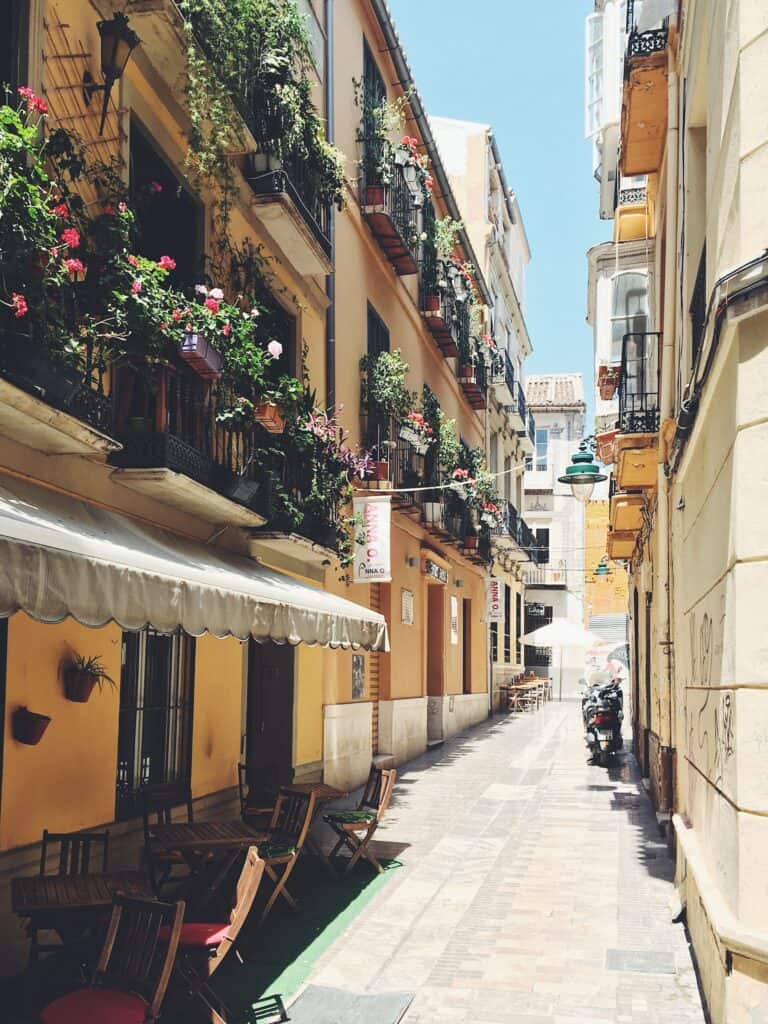
Visas
Pros
- You don’t need a visa to live there if you’re an EU citizen
- They just introduced a digital nomad visa
Cons
- Non-eu residents can only stay for 90 days in a 180-day period without a visa
- Visa bureaucracy can be a headache
One of the major downsides of being a North American digital nomad in Europe is that you can only stay 90 days within a 180-day period in the Schengen zone (which Spain is part of). This means if you don’t apply for a visa before coming, your time in Spain is limited to three months.
However, Spain is the latest European country to offer a digital nomad visa.
According to TimeOut, the visa is specifically aimed at freelancers. Under the draft law, foreigners will be able to do remote work for non-Spanish companies while living in Spain without a full work visa between six and 12 months. It could then be extended up to two times.
The income level is expected to be at least €2,000 ($2,110) per month.
—
All in all, I think we can agree that there are a lot of wonderful reasons to live in Spain, but it is far from all wonderful. As you can see, there are many pros and cons of living in Spain.
It is by far a personal preference whether you will look through the ancient bureaucracy in Spain in favor of the warm culture and weather.
If you are willing to learn Spanish to get over the language barriers in the offices and medical centers, and if you do not mind an insecure workspace over fabulous tapas and cheap drinks on a daily basis.
Altogether, I think that the key to enjoying living in Spain is to go with the flow, not to stress over things taking time, and enjoy life!
Looking for more places to live? Check out these posts:
- How to live and work remotely in the Caribbean
- Living as a digital nomad in Tenerife
- Pros and cons of living in Ireland

